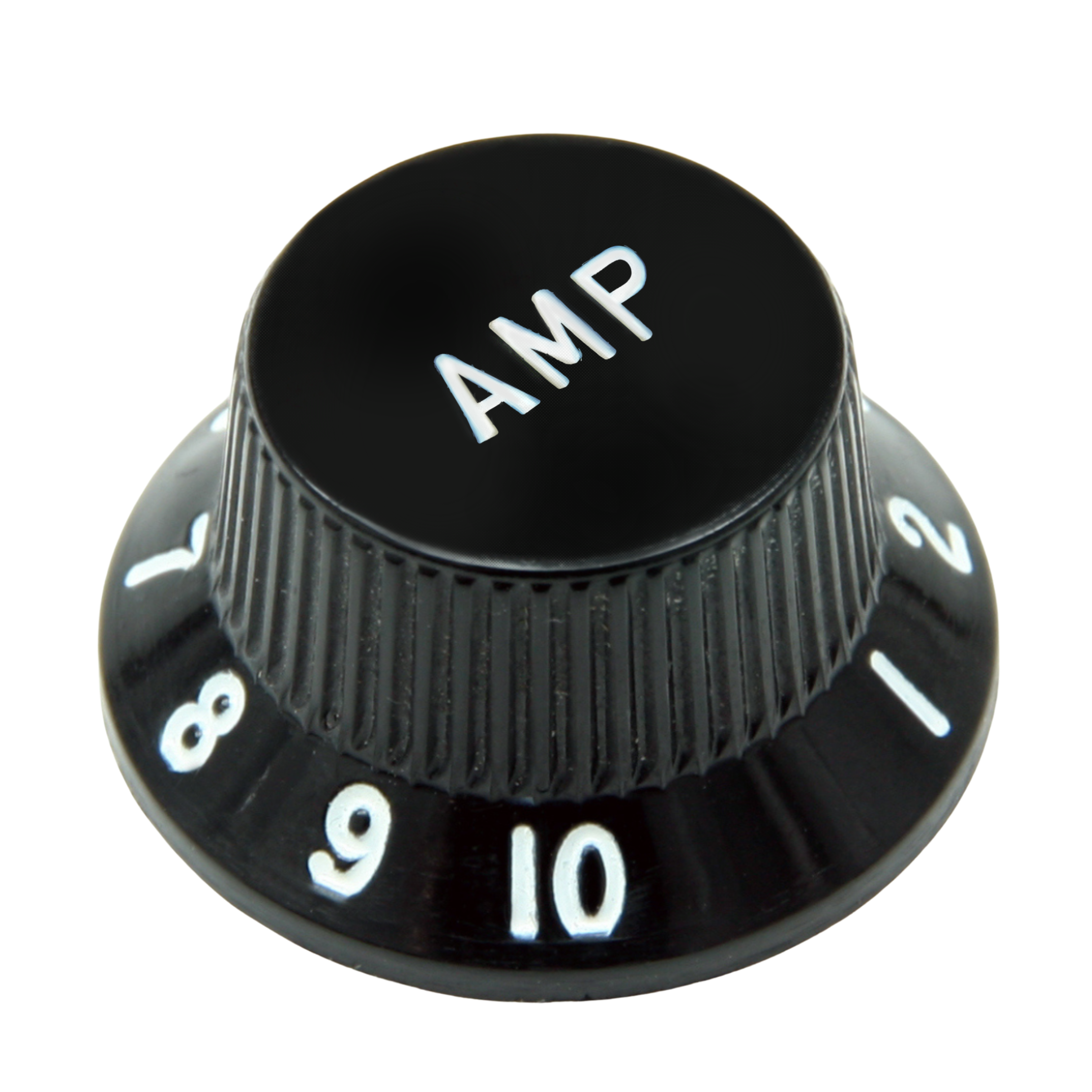“And in The Darkness, Hearts Aglow”: quite the melodramatic title to the recently released Weyes Blood album. As I listened to the album for the first time in the comfortable darkness of my dorm room, I wasn’t sure if my heart was “aglow” with anything — certainly not with excitement for any of the songs, despite Weyes Blood’s resonant Lana Del Rey-esque voice. Though there was nothing unpleasant about the calm undulation of the melodies this album contained, I didn’t feel a very strong pulse in her vocals — an innate rhythm that drives forward every song I strongly adore — despite the presence of drums in many of her songs. Regrettably because of this, I held off from revisiting the album for a few weeks after my first listen.
Upon listening to her older works, like “Seven of Wands” (2014) and “Take You There” (2015), I gradually appreciated her new album more by comparison for its incorporation of unique instrumentations which better suit her reverberant voice. From a miscellaneous hodgepodge of synths with no particular pulse to a healthy combination of acoustic instruments and MIDI, Weyes Blood proves in her newest album that her music has come a long way in terms of production quality and overall cohesiveness.
While Weyes Blood’s slower paced songs did not immediately stand out, her expertise in lyricism is shown through a marriage of melodious storytelling and poetry, which is linked by ongoing themes of the dichotomy of light and darkness of introspection.
This is noticeably shown through the song in the album, “God Turn Me Into a Flower”, a creative retelling of the myth of Narcissus– who transformed into a flower because of a fatal obsession with his own reflection. Weyes Blood offers a deeply personal introspection of the dangers of an excess in hubris and pride, warning listeners of “the curse of losing yourself when the mirror takes you too far.”
“Twin Flame,” discusses romantic attachment and dependence. The use of peppy hi-hats and rhythms was rather out of place for such a melancholy message, but it somehow manages to enhance the numbing, monotonous pain brought upon by slowly losing a person who was once the light of one’s life.
Weyes Blood illustrates the changes in not only personal relationships, but also shifting social dynamics. The centerpiece of the album, “It’s Not Just Me, It’s Everybody” reframes loneliness as a shared feeling among today’s generation and underscores the irony of isolation at social gatherings. Upon looking at the lyrics more closely, Weyes Blood fixates on the shattered and reformed bonds across distanced communication in the wake of the COVID pandemic. The song as a whole feels like a warm hug in the comfort of acknowledging the uncomfortable.
Though Weyes Blood’s songs aren’t my musical cup of tea, every replay of “And in the Darkness, Hearts Aglow,” makes the songs better. Every song carries juxtapositions of symbols that are both poetic and grounded in very authentic, everyday experiences that take time to unveil and truly appreciate.
Featured image from Bandcamp, Weyes Blood

